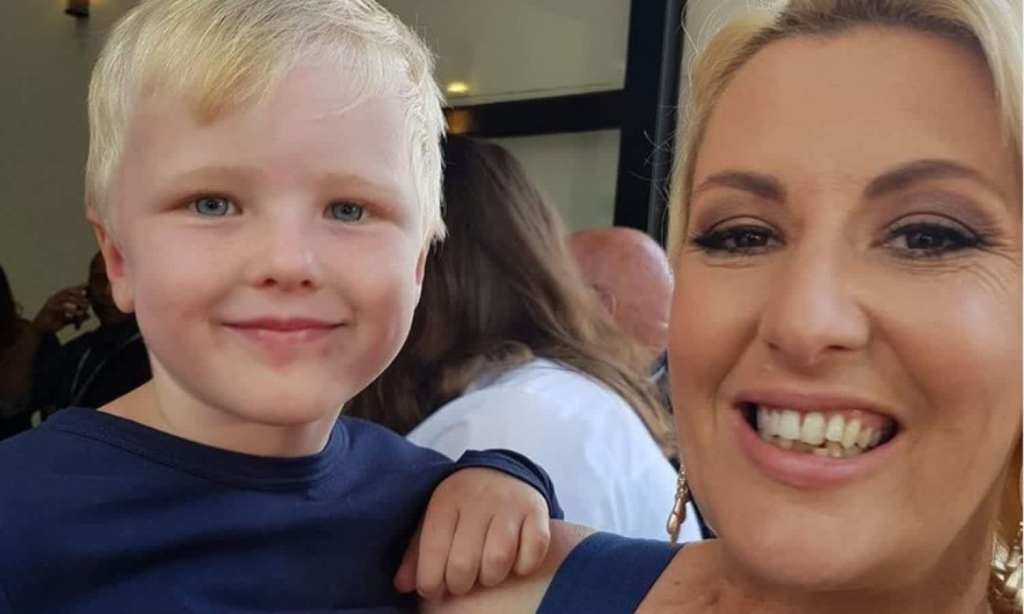Trigger warning: this article contains references to postpartum depression.
Jess Eva got candid during the fifth episode of I’m a Celebrity…Get Me Out of Here!, revealing that she had experienced severe postpartum depression after her son Freddy was born.
Eva, who has two children with her partner Norm Hogan, told fellow contestants Toni Pearen and Abbie Chatfield that she didn’t change a nappy for 12 months and that it was an awful period of her life.
The Triple M breakfast host first came to prominence on The Block, where she and Hogan won $209,000 for their efforts.
Speaking to the camera during I’m a Celeb, Eva explained further saying, “I think it’s easy to talk about now because I’m over it, and then there’s such a stigma that people can’t talk about it. I know that I was in a spot where I left Freddy in his cot by himself and I rang Norm and said ‘I’m out of here’. That’s how quick it can happen.”
For Eva, who says she hopes to break down the stigma surrounding postpartum depression, her path to recovery involved counselling and taking antidepressants.
“You’ve gotta talk about it, it’s not the elephant in the room, it is the room,” she said. “If you’ve got a room full of women that have had kids, chances are probably 80 per cent have experienced postnatal depression but are too embarrassed to talk about it because they think it’s some kind of failure on their parenthood and that’s not the case.”
Eva is not the first celebrity to speak out about the affliction, which affects approximately one in seven new mothers. Chrissy Teigen, Brooke Shields, Adele, Sarah Michelle Gellar, Drew Barrymore and Gwyneth Paltrow are just some of the familiar faces who have shared their struggles with postpartum.
Like other forms of mental illness, postpartum doesn’t discriminate and can affect any new mother. However, you may be at higher risk if you have a personal or family risk of depression or bipolar disorder, have problems with substance abuse, are under 20 or do not have support from family and friends.
Symptoms vary but can include, but are not limited to feeling persistently sad, restless or hopeless, having thoughts of hurting yourself or your baby, sleeping too much or too little, having difficulty connecting with or feeling interested in your baby and having trouble focusing.
It’s important to remember that suffering from postpartum does not make someone a bad or unfit parent, there are a number of support options available and you are certainly not alone.
If you, or a loved one, are struggling with feeling anxious or depressed after the birth of a child please seek advice from your doctor or visit the Beyond Blue website or call 1300 22 4636 for more information.







